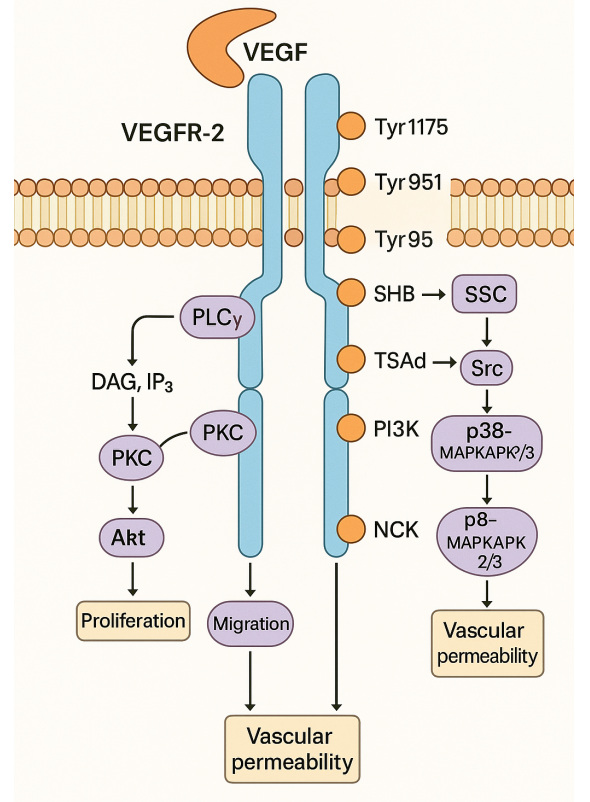Monkeypox Prevention and Treatment
Abstract
Monkeypox is a zoonotic infectious disease endemic in western and central Africa. caused by the monkeypox virus (MPXV), mainly manifested as fever, lymph node enlargement, rash, and so on. Since May 2022, there have been cases of monkeypox in several non-endemic countries around the world without direct travel links to endemic areas, and human-to-human transmission has caused widespread concern.
What is Monkeypox?
Monkeypox is a zoonotic infectious disease endemic in western and central Africa. caused by the monkeypox virus (MPXV), mainly manifested as fever, lymph node enlargement, rash, and so on. Since May 2022, there have been cases of monkeypox in several non-endemic countries around the world without direct travel links to endemic areas, and human-to-human transmission has caused widespread concern.
What does Monkeypox look like?
MPXV is a double-stranded DNA virus, 200nm×250nm, oval or brick-shaped, with a double-concave dumbbell-shaped core, an envelope, structural proteins, and DNA-dependent RNA polymerase. The natural host of MPXV is unknown, with African rodents such as African squirrels, tree squirrels, Gambian kangaroos, and dormice being the most likely natural hosts. The animal reservoir, natural history, and pathogenic mechanisms of MPXV remain unknown.
How do we prevent and treat Monkeypox?
Monkeypox is a self-limited disease with a mostly good prognosis. Severe cases are more common in children, pregnant women or immunocompromised persons. Unvaccinated patients are more likely to develop serious complications and sequelae. The case fatality rate of monkeypox ranged from 1% to 11%, with 3.6% in the West African branch and 10.6% in the Congo Basin branch.
The prevention and treatment principle of Monkeypox is early detection, early report, early isolation, early diagnosis and early treatment. At present, there is no specific antiviral drug. The main treatment is symptomatic and supportive treatment, which aims to relieve symptoms, prevent and control complications, prevent sequelae, and reduce mortality.
Tecovirimat, an oral drug approved for smallpox in Europe and the United States, is effective against monkeypox in animals. It has strong activity against the poxviruses such as smallpox virus, monkeypox virus, and cowpox virus, and can inhibit 50% of monkeypox virus replication in vitro at a concentration of 0.01μmol/L. More importantly, it is highly tolerated in animals with intact or partially deficient immune function. The drug works by binding to the genes of the virus and preventing it from being released from cells. Meanwhile, studies have shown that Tecovirimat may shorten the duration of infectivity in patients. More clinical trials are still underway, and tecovirimat may one day become a “Wonder Drug for Monkeypox.”




